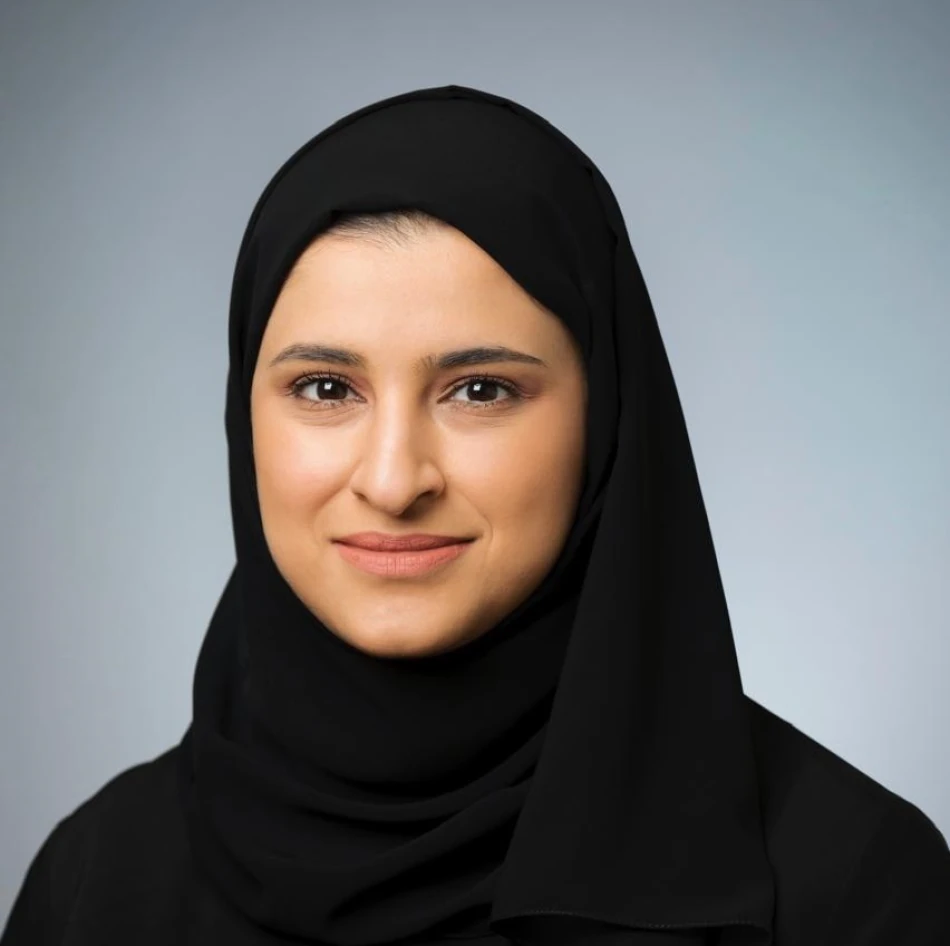
Sarah Al-Amiri Calls for Comprehensive Study on Adjusting Student Schedules
UAE Education Ministry Signals Cautious Approach to School Hour Reforms Amid Growing Pressure
The UAE's Ministry of Education is taking a methodical stance on potential changes to school hours, with Education Minister Sarah Al Amiri emphasizing that any adjustments will require comprehensive analysis before implementation. The announcement comes as educational stakeholders across the Emirates push for reforms to better align academic schedules with modern learning needs and family dynamics.
Comprehensive Impact Assessment Takes Priority
Speaking during a media briefing, Minister Al Amiri outlined the ministry's commitment to thorough evaluation before making any schedule modifications. "We will analyze the impact from all aspects—whether on students, the school environment, or society as a whole—to ensure we reach the optimal decision that achieves balance between educational interests and field requirements," she stated.
This measured approach reflects the complexity of educational reform in a rapidly modernizing nation where traditional structures must adapt to contemporary demands while maintaining academic excellence.
Stakeholder Concerns Drive Policy Review
The ministry's consideration of school hour adjustments appears to be a direct response to feedback from the educational community. Al Amiri acknowledged that the ministry takes field observations seriously, emphasizing that any decision must be "based on accurate data and balance all relevant parties before raising recommendations for final decisions."
Balancing Multiple Interests
The minister's comments suggest the ministry is weighing several competing factors: student welfare, teacher working conditions, parent schedules, and broader societal impacts. This holistic approach mirrors educational reforms in other Gulf states, where governments have increasingly prioritized work-life balance and family-friendly policies.
Regional Context and Global Trends
The UAE's cautious approach to school schedule reform aligns with broader regional trends toward educational modernization. Countries like Saudi Arabia have recently implemented significant changes to their academic calendars, moving to a three-semester system, while maintaining focus on student outcomes and teacher satisfaction.
Globally, the post-pandemic era has accelerated discussions about optimal learning schedules, with many education systems reassessing traditional structures in favor of more flexible, evidence-based approaches.
Implications for UAE's Educational Future
The ministry's emphasis on data-driven decision-making signals a mature approach to policy reform that could set a precedent for other educational changes. By prioritizing comprehensive analysis over rapid implementation, the UAE appears to be positioning itself for sustainable, long-term improvements rather than reactive adjustments.
This methodical stance also reflects the UAE's broader governance philosophy of careful planning and stakeholder consultation, particularly in sectors critical to national development like education. The outcome of this review process could influence how other Gulf nations approach similar educational reforms, making the UAE's eventual decision significant beyond its own borders.
Most Viewed News

 Sara Khaled
Sara Khaled






